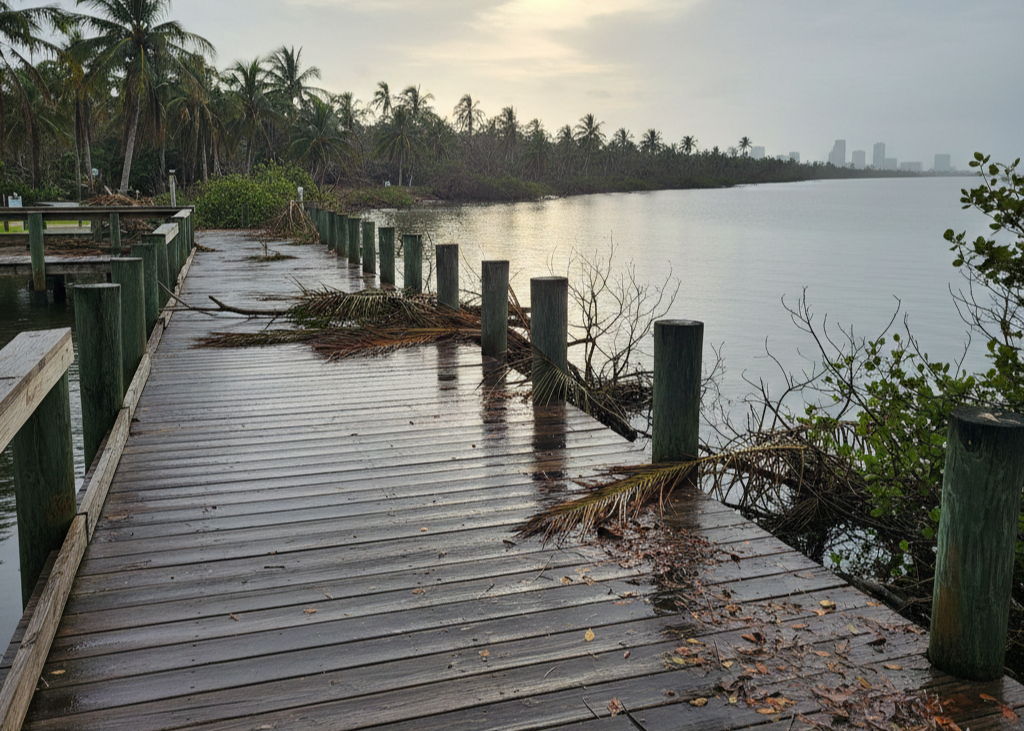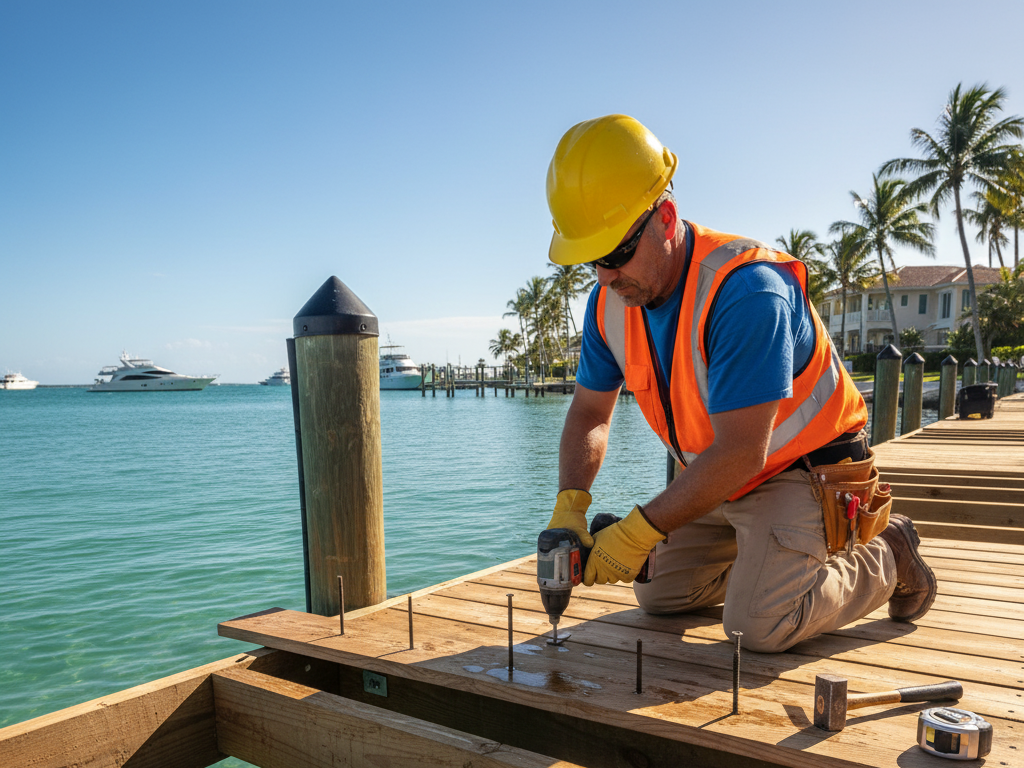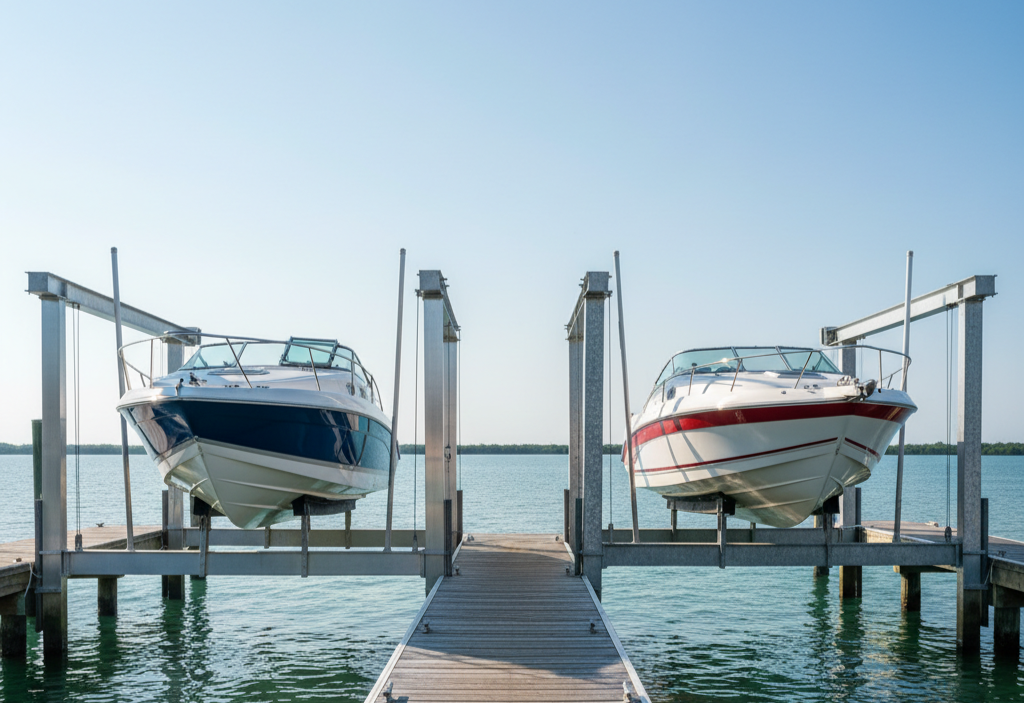What Are Floating Docks and How Do They Work?
The benefits of having a boat dock that goes with the flow.

Do you need a dock that can accommodate your boat, even when the water level changes? Looking for an option where you not only can easily install and maintain it but also won't break the bank? If so, a floating dock might be the perfect choice for you!
Let's discuss what floating docks are and how they work including the different types of floating docks and their benefits.
What are floating docks and how do they work?
Floating docks are docks that float on the water, hence their name. The docks are usually made of foam-filled barrels or plastic drums giving them buoyancy, making them float over water. They're usually attached to pylons, seawalls, and shorelines. The beauty of floating docks is that they rise and fall with the tide, making them perfect for areas where water levels are changing more often than not.
The dock is anchored to the shore or seabed so that it does not drift away, and the floatation devices keep it stable. When water levels rise, the dock will rise with it. If the water levels fall, the dock will also follow along. This makes floating docks ideal for areas where the water level fluctuates, such as rivers and lakes.
There are several types of floating docks you can choose from that differ from each other and have their own benefits.
Types of Floating Docks
PVC Pipe Docks
PVC pipe docks are some of the most affordable floating docks on the market. They are made from hollow PVC pipes that are filled with closed-cell foam for buoyancy. PVC pipe docks are lightweight and easy to install, but they can be damaged by sunlight and heat.
Barrel Docks
Barrel docks are another popular type of floating dock. They are made from barrels or drums that are filled with air or water for buoyancy. Barrel docks are more durable than PVC pipe docks and can withstand harsher weather conditions, but they are also heavier and more difficult to install.
Foam Docks
Foam docks are made from a foam material that is buoyant and durable. Foam docks are lightweight and easy to install, but they can be more expensive than other types of floating docks.
DIY Docks
You can also build your own floating dock using PVC pipes, barrels, or foam. If you're someone who's handy with tools and have a knack for basic construction with a lot of time to kill, you can always opt to doing DIY docks instead.
Now that the introduction of the different floating dock types are out of the way, here's how a floating dock can be beneficial to you.
Benefits of a Floating Dock
Easy to install
Floating docks are relatively easy to install, especially when compared to traditional docks. You don't need to pour concrete footings or dig holes; you can simply anchor the dock to the shoreline.
Flexible
As we mentioned before, floating docks are flexible and can rise and fall with the tide. This makes them ideal for areas with changing water levels.
Affordable
Floating docks are often more affordable than traditional docks, particularly when you opt for a DIY dock.
Low maintenance
Floating docks are low maintenance and don't require much repair or upkeep. You'll need to clean the dock occasionally, but there's no need to stain or seal it like you would a traditional wood dock.
If you are looking for an easy-to-install dock for your boat that won't make your wallet cry, or something flexible for your riverfront property, a floating dock might be just the thing for you!
To learn more about floating docks and find the perfect one for your needs,
contact Tampa Dock Builders today. We install and repair all types of docks, and we would be happy to help you choose the best dock for your property.


